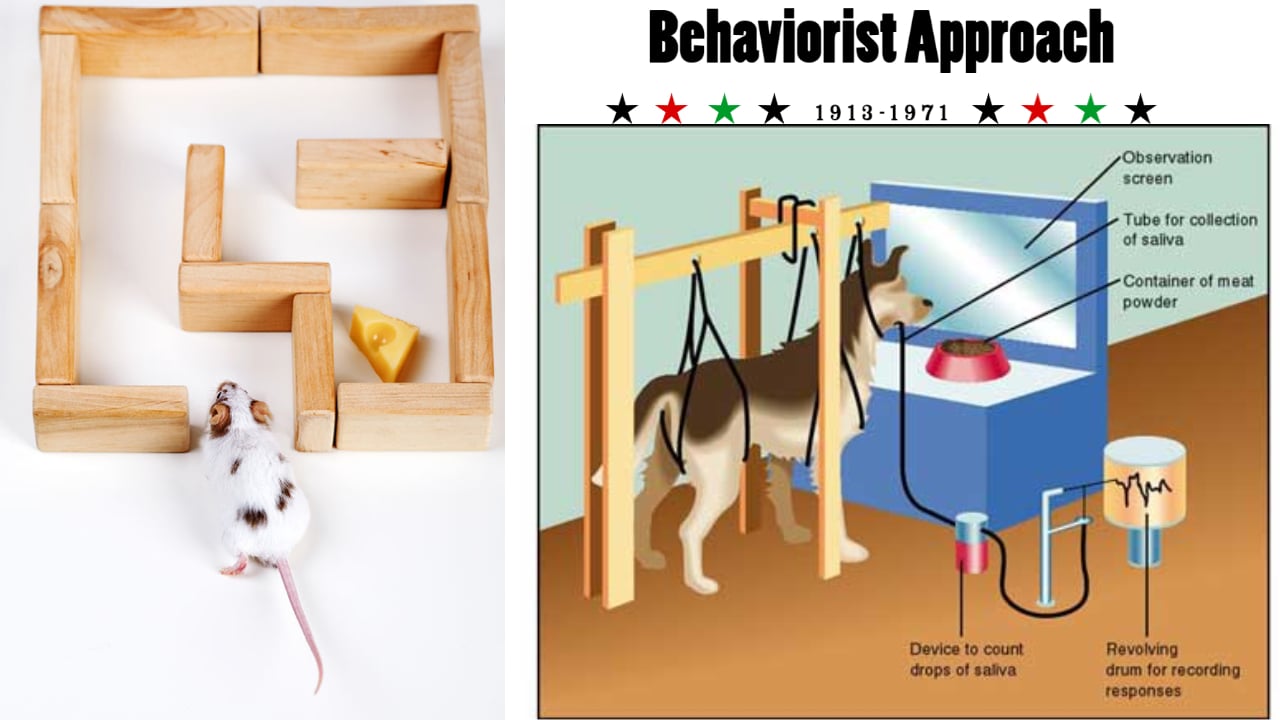Blog1:Behaviorism, Cognitivism, Constructivism by Xuchang, https://xuchang335.opened.ca/author/xuchang/
I agree with Xuchang’s idea that behaviourism ignores intrinsic motivation and individual variations in learning preferences and styles. Although behaviourist strategies can be useful for quickly acquiring a particular skill or body of knowledge, they could not promote a deep understanding or long-term drive. For personalised and fulfilling learning experiences, it can be essential to acknowledge and address individual differences.
It could be useful to look into ways to incorporate components of constructivism and cognitive theories into instructional design in addition to behaviourism in light of the disadvantages Xuchang noted, such as the potential ignoring of intrinsic motivation, individual variations, and autonomy. Combining these theories can result in a more comprehensive strategy that takes into account both short- and long-term depth of understanding.
You can design learning experiences that let students actively interact with the subject matter, apply their knowledge to use in real-world situations, and collaborate with peers by embracing constructivist concepts. Additionally, including cognitive techniques like metacognition can aid students in creating efficient study habits, self-control techniques, and problem-solving skills.
It’s important to create a balance between evaluating performance and taking other forms of learning, such as conceptual understanding, critical thinking, and creativity, when it comes to your emphasis on competency and the practical application of knowledge. A thorough assessment strategy that includes a variety of metrics, such as hands-on activities, can give a more accurate picture of students’ learning results.
Additionally, it’s important to address the subject of learning challenges or setbacks with sympathy and encouragement. While external elements like effort and motivation can undoubtedly affect results, targeting the primary causes of difficulties and offering the right support and guidance can help overcome barriers and encourage fruitful learning experiences.



Recent Comments